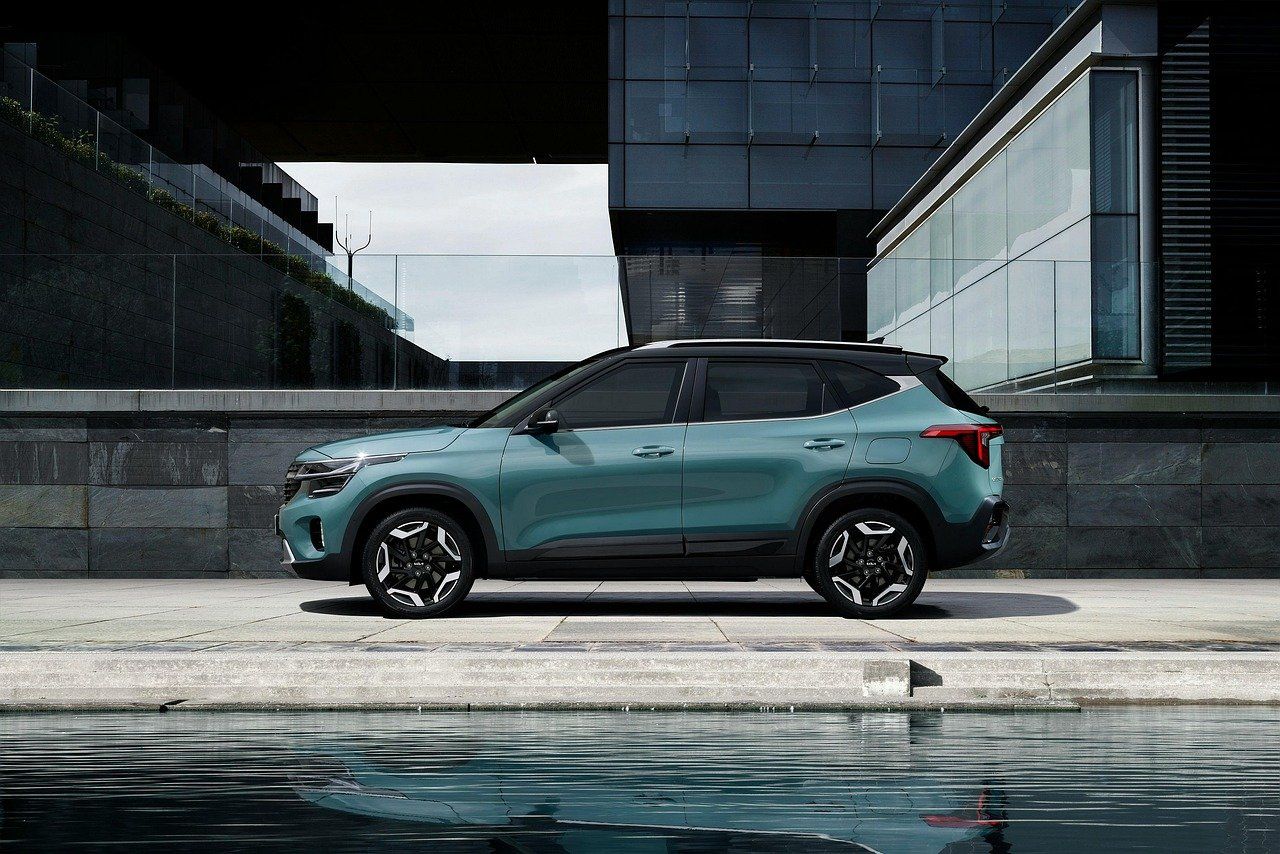
We collect basic website visitor information on this website and store it in cookies. We also utilize Google Analytics to track page view information to assist us in improving our website.
With the world's focus shifting towards sustainable energy, electric vehicles (EVs) have emerged as a promising solution to reduce carbon emissions and combat climate change. Alongside the rapid growth of EVs, the demand for efficient and reliable EV charging equipment has surged, revolutionizing the automotive industry.
EV charging equipment comprises several key components, including charging stations, EV Charger guns, cables, connectors, and power management systems. Charging stations, also known as EVSE (Electric Vehicle Supply Equipment), are the infrastructure that supplies electric energy for recharging EVs. These stations are available in various forms, including residential, commercial, and public charging stations.
Connectors play a crucial role in facilitating the connection between the EV and the charging station. Common connector types include CCS (Combined Charging System), CHAdeMO, and Tesla's proprietary connector. Each connector type supports different charging speeds and is compatible with specific EV models.
Power management systems are essential for controlling the flow of electricity to ensure safe and efficient charging. These systems help prevent overloading and ensure that the charging process is optimized based on the EV's battery capacity and charging specifications.

There are three main types of EV charging: Level 1, Level 2, and DC fast charging. Level 1 charging uses a standard 120-volt household outlet and is suitable for overnight charging, typically providing about 2-5 miles of range per hour of charging. Level 2 charging operates at 240 volts and can deliver up to 25 miles of range per hour, making it ideal for residential and commercial settings.
DC fast charging, also known as Level 3 charging, provides the fastest charging speeds, delivering up to 80% charge in around 30 minutes, making it ideal for public charging stations and long-distance travel.
The growing popularity of EVs and the increasing availability of EV charging equipment have had a profound impact on the automotive industry. Automakers are investing heavily in EV technology, developing new models with longer ranges and faster charging capabilities. Additionally, the expansion of the EV charging infrastructure is enabling more people to make the switch to electric vehicles, further driving the growth of the EV market.
Despite the rapid growth of EV charging equipment, several challenges remain, including the need for standardization of charging connectors and protocols, as well as the expansion of the charging infrastructure to support the growing number of EVs on the road. A fast charge capability is one of the highest priority factors in promoting this growth, alongside increased range of the EV.
Looking ahead, the future of EV charging equipment looks promising, with advancements in technology driving faster charging speeds, increased efficiency, and greater convenience for EV owners. As more countries and cities commit to phasing out fossil fuel vehicles, the demand for EV charging equipment is expected to continue its upward trajectory, transforming the way we think about transportation and sustainability.